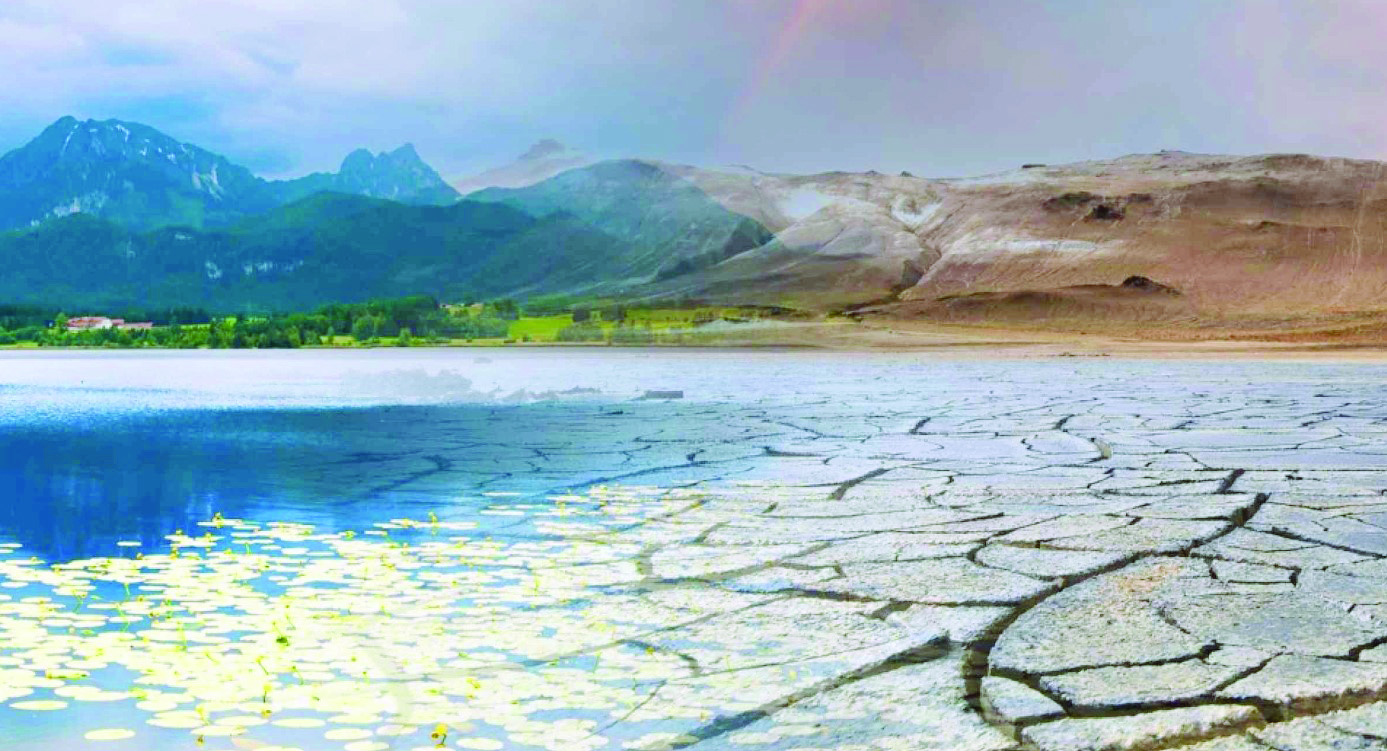Climate engineering carries serious national security risks

Bloomington/Durham: The historic Paris climate agreement started a mantra from developing countries: “1.5 to stay alive.” It refers to the international aim to keep global warming under 1.5 degrees Celsius (2.8 Fahrenheit) compared with preindustrial times. But the world will likely pass that threshold within a decade, and global warming is showing little sign of slowing.
The world is already facing natural disasters of epic proportions as temperatures rise. Heat records are routinely broken. Wildfire seasons are more extreme. Hurricane strength is increasing. Sea level rise is slowly submerging small island nations and coastal areas.
The only known method able to quickly arrest this temperature rise is climate engineering. (It’s sometimes called geoengineering, sunlight reduction methods or solar climate intervention.) This is a set of proposed actions to deliberately alter the climate.
These actions include mimicking the cooling effects of large volcanic eruptions by putting large amounts of reflective particles in the atmosphere, or making low clouds over the ocean brighter. Both strategies would reflect a small amount of sunlight back to space to cool the planet.
There are many unanswered questions, however, about the effects of deliberately altering the climate, and there is no consensus about whether it is even a good idea to find out. One of the largest concerns for many countries when it comes to climate change is national security. That doesn’t just mean wars. Risks to food, energy and water supplies are national security issues, as is climate-induced migration.
Could climate engineering help reduce the national security risks of climate change, or would it make things worse? Answering that question is not simple, but researchers who study climate change and national security like we do have some idea of the risks ahead.
The massive problem of climate change. To understand what climate engineering might look like in the future, let’s first talk about why a country might want to try it.



